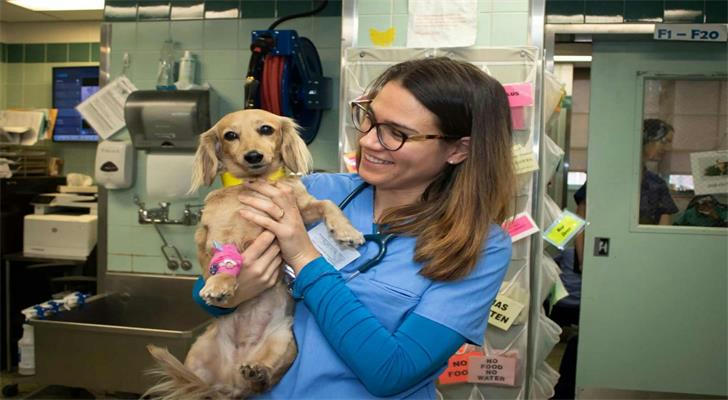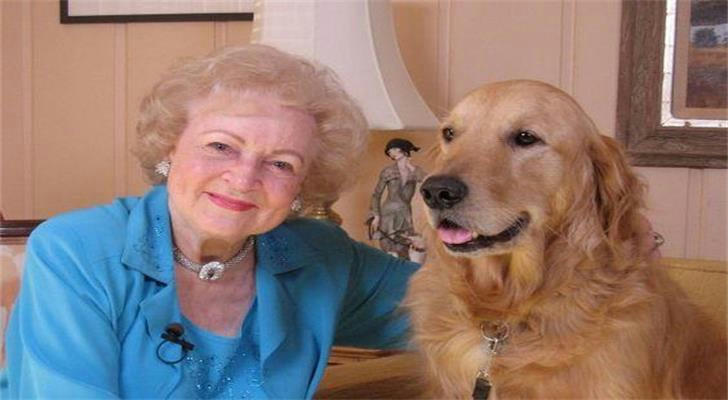Caring for Seniors: Providing Free Pet Therapy and Vaccines to Seniors with No Income

In a world where income is scarce, ensuring pets receive necessary medical care, including treatment and vaccines, is a cause close to many. This article takes a deep dive into how we can unite caring people through the generosity of the National Association of Pet Lovers and those who support this cause, with a particular focus on seniors with no income.
I. The Importance of Pet Therapy and Vaccines
1. Pet Therapy
- Protecting Pet Health: Pet therapy is a cornerstone of safeguarding the well-being of our furry companions, providing timely medical care when it is needed most.
- Relieve Financial Stress: Individuals facing financial constraints may find it difficult to afford veterinary expenses. Pet therapy helps alleviate this burden, ensuring pets receive necessary care.
2. Pet Vaccines
- Disease Prevention: Vaccines play a vital role in preventing common pet diseases and are a shield to protect the health of our pets.
- Promoting Public Health: Beyond personal pet health, vaccines play a vital role in maintaining public health standards, benefiting both pets and humans.
II. Access to Free Pet Treatment and Vaccines

2.1 Support from the National Pet Lovers Association
- Raising awareness: The National Pet Lovers Association can conduct outreach activities to promote free pet treatment and vaccination services to seniors without income.
- Providing free services: Holding free clinics and providing free vaccination services can help seniors provide basic care for their pets.
2.2. Generous donations from caring individuals
- Donation programs: Caring individuals can donate funds, medicines, or other resources to support seniors without income to obtain pet treatment and vaccinations.
- Volunteer work: Providing volunteer services to guide pet owners through the process of applying for and receiving free services can make a significant impact.
2.3 Seeking help from local animal welfare organizations
- Contact local animal shelters: Seniors without income can contact local animal shelters to learn about free or low-cost pet treatment and vaccination programs.
- Partnering with animal rescue organizations: Partnering with animal rescue organizations can provide resources and support to seniors who need pet care assistance.
III. Example: Mrs. Li's heartwarming journey
Mrs. Li's story:

Mrs. Li is a senior with no income and no immediate family who found solace in the company of her lively dog after her husband passed away. When her dog suddenly became lethargic and unresponsive after an outdoor activity, Mrs. Li discovered that it had injured its leg. She was determined to seek treatment for her beloved pet, but she faced financial constraints.
Getting local public hospital benefits:
On the recommendation of a friend, Mrs. Li applied for assistance from a local animal welfare organization. With the support she received, her furry companion received timely treatment and eventually regained his previous lively and active demeanor.
Conclusion
The joint efforts of the National Pet Lovers Association, caring individuals, and local animal welfare organizations are essential to ensure that elderly people without income have access to free pet treatment and vaccines. Mrs. Li's heartwarming journey is a touching example of how compassionate care can restore joy and vitality to the lives of pets and their owners. Let us continue to lend a helping hand to those in need and build a community where every pet can receive the love and care they deserve. May these stories inspire all of us to make a difference in the lives of our furry friends and their loyal human companions.
